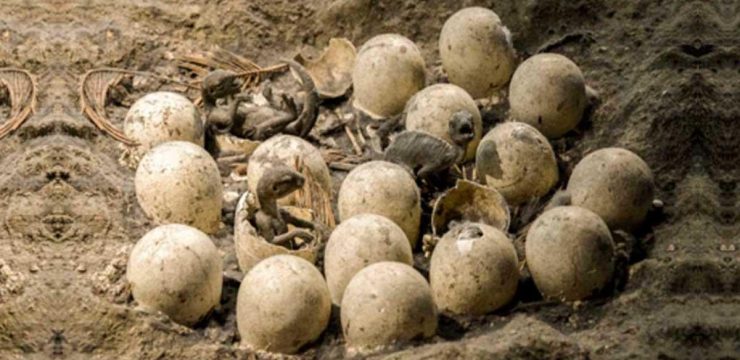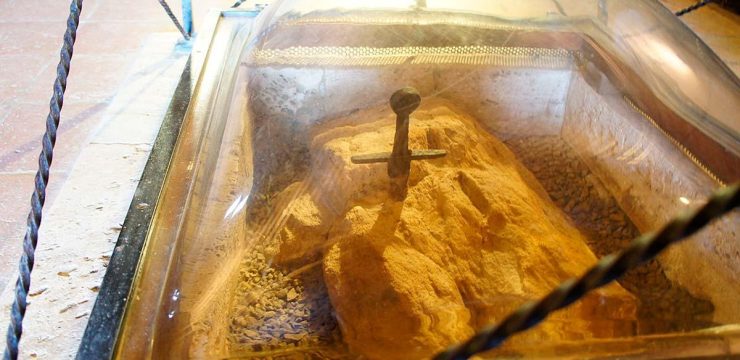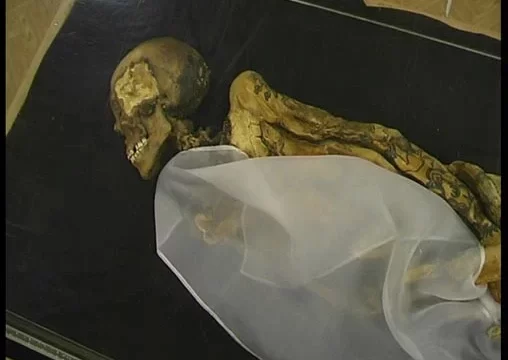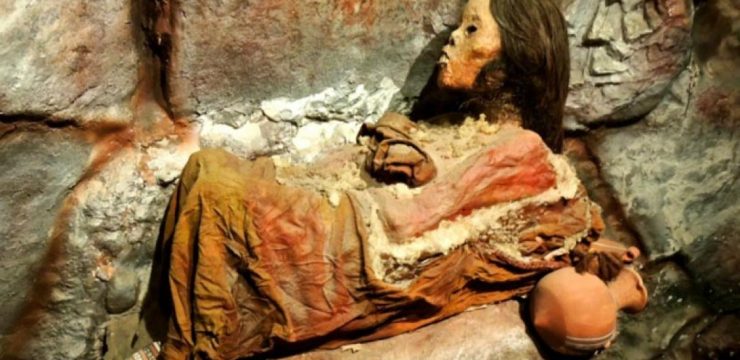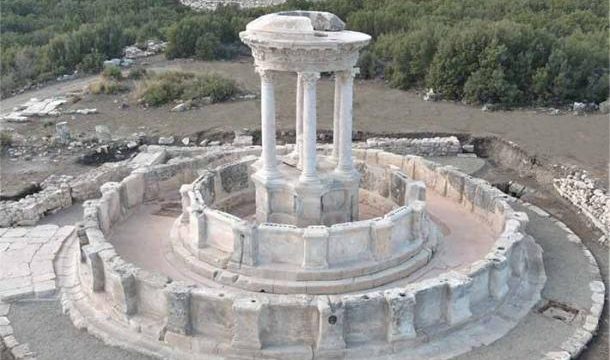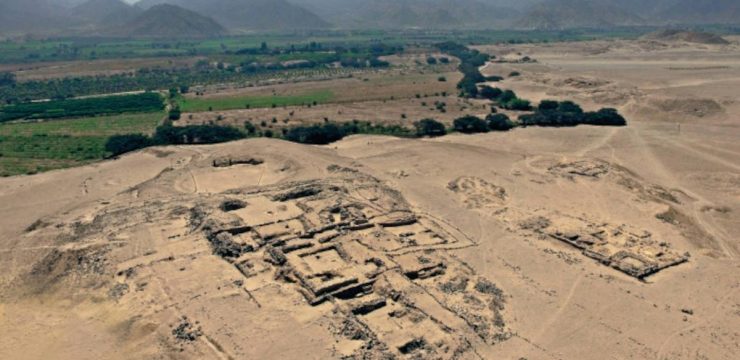Archaeologists from the Israel Antiquities Authority (IAA) have recently made a significant discovery during excavations at Masada—a Roman soldier’s paycheck inscribed on papyrus. This rare find provides a fascinating glimpse into the financial life of a soldier stationed at this historic site nearly two thousand years ago.
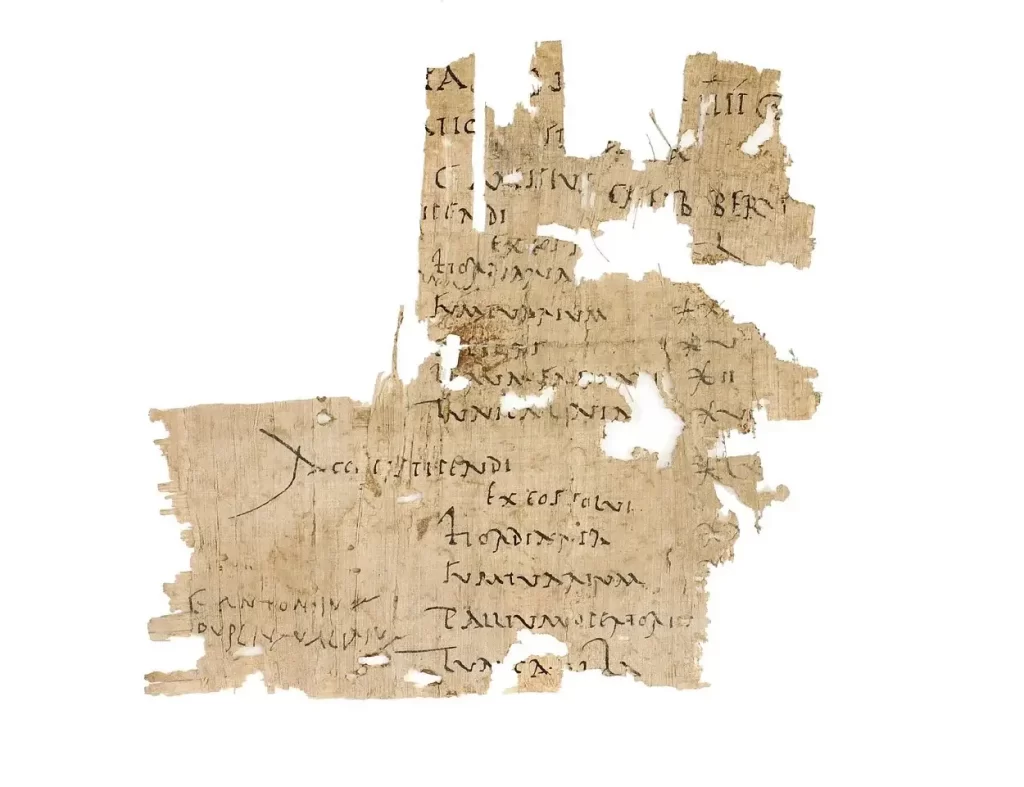
Masada, an ancient fortress and palace complex, was built by King Herod the Great between 37 and 31 BC. It sits atop a rugged plateau overlooking the Dead Sea in what is now the Southern District of Israel. The site is most famous for its role in the First Jewish-Roman War, also known as the Great Revolt, a conflict that saw Jewish rebels take up arms against Roman rule.
During this war, Masada became a refuge for the Sicarii, an extremist splinter group of Jewish Zealots. The name “Sicarii” comes from the Latin word for “dagger-man,” a reference to their practice of targeted assassinations against Roman officials and Jewish collaborators. The Sicarii took control of Masada and fortified it as a stronghold against Roman forces.
In AD 72, the Roman Tenth Legion, Legio X Fretensis, under the command of Lucius Flavius Silva, marched on Masada to crush the Sicarii resistance. This legion, known for its combat effectiveness, was supported by auxiliary units and Jewish prisoners of war, bringing the total force to approximately 15,000 men and women, according to the Jewish-Roman historian Flavius Josephus.
To subdue the rebels, the Romans built an extensive circumvallation siege wall that stretched 6.8 miles around Masada’s mountain plateau. They also constructed fortified encampments and temporary forts to prevent any escape. Despite repeated attempts to breach the fortress, Masada’s defenses held firm.
However, the Romans devised a brutal yet effective strategy. They built an enormous siege ramp on the western side of the plateau, an engineering marvel that rose to a height of 61 meters (200 feet). Using this ramp, they slowly moved a siege tower and battering ram toward the fortress walls. On April 16, AD 73, after months of effort, the Romans finally breached Masada’s defenses.
The events that followed remain a subject of historical debate. According to Josephus, rather than surrender, the Sicarii chose mass death over Roman enslavement. He wrote that their leader, Eleazar ben Ya’ir, convinced his followers that it was “by the will of God and by necessity” that they should die rather than submit to Roman rule. They supposedly drew lots and systematically killed each other, ensuring that no one was left alive to be captured. The last survivor, tasked with setting fire to their provisions, took his own life—though suicide was forbidden in Judaism.
Josephus’ account has been questioned by modern historians and archaeologists, as no direct evidence of mass suicide has been found at the site. However, the story remains a powerful symbol of Jewish resistance and has shaped Masada’s historical legacy.
The recent excavations at Masada yielded an extraordinary discovery: a detailed Roman military paycheck from AD 72. This document is one of only three known legionary paychecks found across the entire Roman Empire. The paycheck was among 14 Latin scrolls unearthed at Masada, with 13 written on papyrus and one on parchment.
The paycheck provides an intricate breakdown of a Roman soldier’s salary across two of his three annual pay periods. It details the various deductions taken from his wages, revealing insights into the financial burdens placed upon Roman legionaries.
Dr. Oren Ableman, a senior curator-researcher at the Israel Antiquities Authority’s Dead Sea Scrolls Unit, elaborated on the findings. “The soldier’s paycheck included deductions for boots, a linen tunic, and barley fodder for his horse,” he said.
What is particularly striking is that these deductions nearly wiped out the soldier’s entire earnings. “Surprisingly, the details indicate that the deductions almost exceeded the soldier’s salary. While this document provides only a glimpse into the financial situation of a single soldier in a specific year, it is clear that in light of the nature and risks of their job, soldiers did not remain in the army solely for the salary,” Dr. Ableman explained.
Indeed, historians have long debated how Roman soldiers managed to sustain themselves given their modest base pay and significant expenses. Dr. Ableman suggests that plunder and unofficial side earnings may have supplemented their income. “The soldiers may have been allowed to loot during military campaigns,” he noted, pointing to historical records and documents preserved at the Israel Antiquities Authority’s Dead Sea Scrolls Laboratory.
One such document, discovered in the Cave of Letters at Nahal Hever, dates from the Bar Kokhba Revolt (AD 132–135) and sheds light on Roman soldiers’ financial strategies. The document, a loan agreement between a Roman soldier and a Jewish resident, reveals that the soldier charged the borrower an illegally high interest rate. This suggests that some soldiers engaged in financial dealings outside their official duties, using their position to profit in ways not officially sanctioned by the Roman administration.
Such practices reinforce the idea that service in the Roman army, despite its financial hardships, could be quite lucrative. While base wages might have been low, soldiers had other means of accumulating wealth, whether through battlefield plunder, unofficial lending, or various side ventures.
This new discovery at Masada enriches our understanding of the daily life of Roman soldiers, adding another layer to the complex history of this remarkable site. While Masada is best known for its dramatic siege and the tragic fate of the Sicarii, this paycheck offers a different perspective—one that humanizes the soldiers who fought on the other side of the conflict.
Beyond its historical significance, the papyrus paycheck serves as a rare piece of tangible evidence that connects us directly to the financial realities of the Roman military. It highlights the economic struggles of ordinary soldiers, their reliance on alternative income sources, and the challenges they faced in balancing military service with personal survival.
Masada continues to be one of the most studied and revered archaeological sites in the world, drawing visitors and scholars alike. Each new discovery, such as this paycheck, adds to its rich tapestry of history, reminding us that the people who lived, fought, and died there were not just characters in ancient texts but real individuals navigating the harsh realities of their time.
The Israel Antiquities Authority’s ongoing work at Masada ensures that its secrets continue to be uncovered, providing invaluable insights into one of the most dramatic episodes in ancient history. This latest find, a simple paycheck, speaks volumes about the complexities of life in the Roman army and offers a fresh perspective on an era defined by war, resistance, and survival.
